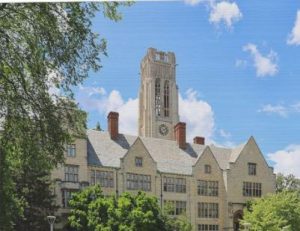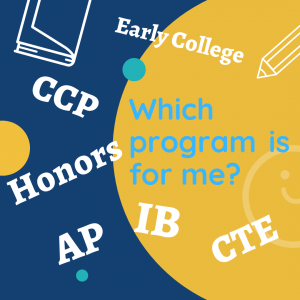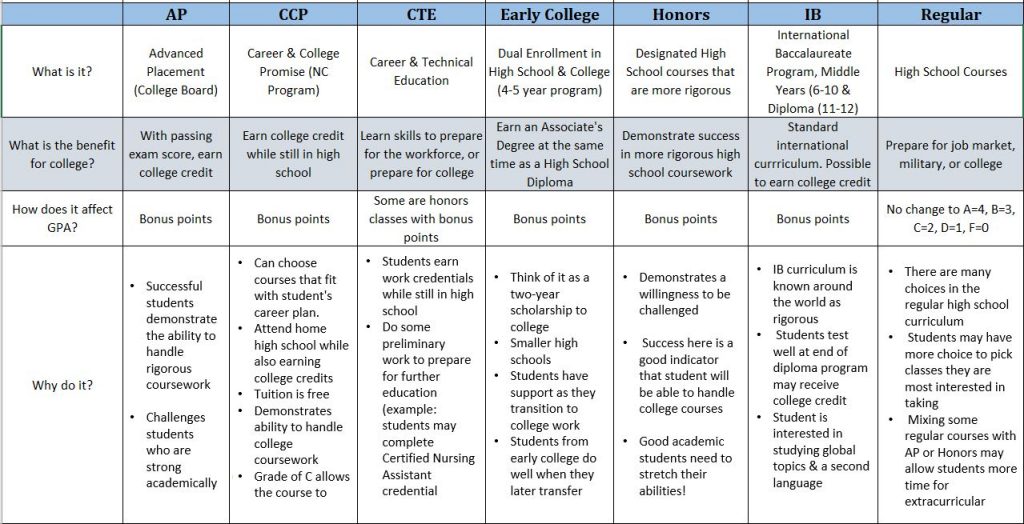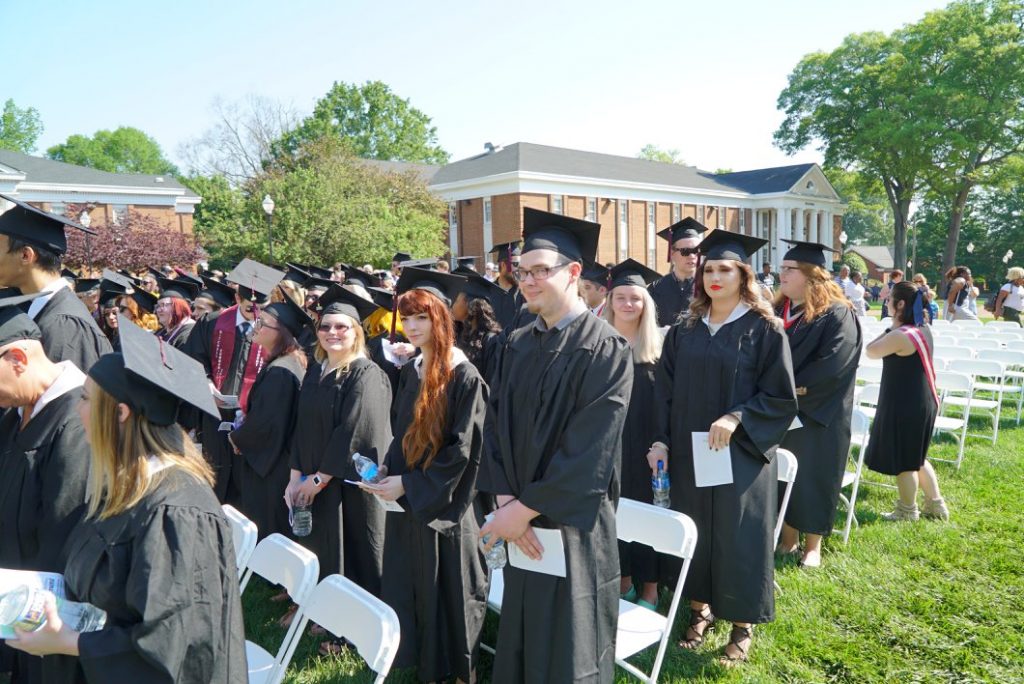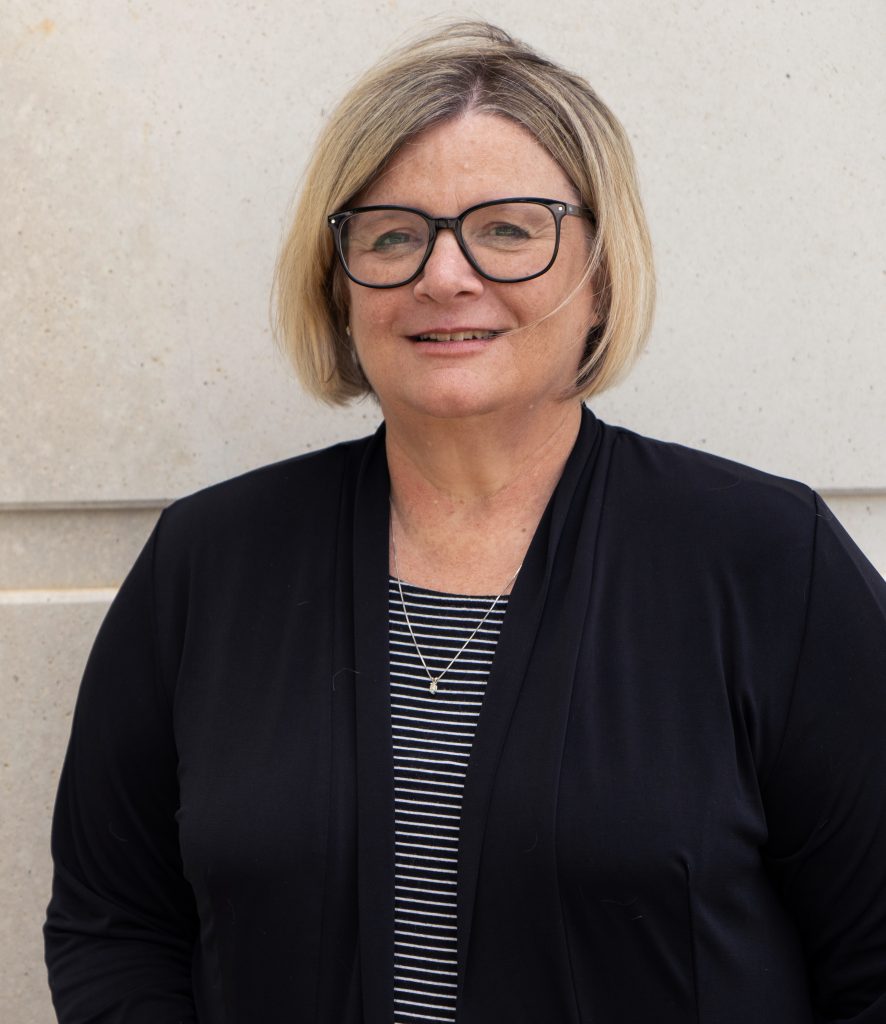Are you a parent thinking community college is fine—as long as it’s not where your student will attend? Students, do you think less of your peers if they attend community college? Face it, whether we like it or not, there is a stigma about attending a two-year college.
It’s time to change the idea that a community college education is only a fallback plan. Many students and their parents don’t even consider community college. They believe that classes or the campus experience at a two-year school are not as good.
Last year, Mitchell Community College was the top choice for Crosby Scholar graduates. But, “I’m only/just going to Mitchell” is a statement we heard way too often! Students should be proud to attend community college. Crosby Scholar alums who attend community college aren’t there because they lacked options. They chose a two-year college for good reasons.
Value
The old adage, “you get what you pay for” doesn’t work when talking about college. The price of college (which varies widely) doesn’t always reflect the value of what you are earning. Instead of seeing community college as a great value, people assume that if it is cheaper, it must not be as good. There is nothing wrong in wanting to earn a degree in a cost-effective way. One semester of tuition and fees at App State will cost about the same as three semesters at MCC. Avoiding student debt is a very good reason for choosing an economical education.
Students who choose a career degree at a community college also do well. There are two-year degree programs that result in high-wage occupations. (Think R.N.’s, medical technologists, engineering technicians, etc.). For students interested in these careers, community college is a no-brainer!
Convenience
In NC, we are lucky to have a community college in every county. Students who have family responsibilities or a job are able to commute. Room and board prices at colleges are often as much or more than tuition and fees. Families have already covered those costs, so living at home doesn’t add to the bill for parents.
Big fish, smaller pond
Students at community college won’t find themselves in a class of 100 or 200 students. They will also have professors as teachers, not graduate students. Professors at community colleges spend most of their time in the classroom, teaching. Community colleges have libraries, student clubs, campus activities, and new people to meet.
Career and transfer options
Many students want to transfer credits from a community college to a university. To make this possible, courses must be similar. Two- and four-year colleges earn accreditation from the same organization. They must meet the same standards for faculty credentials.
Every four-year college accepts transfer students—even the most competitive institutions. Research shows that two-year college graduates complete a four-year degree more often than other students. Those same two-year graduates are also have higher grades than their counterparts who were at the university for four years.
Support systems
Why do these students do better? Some of these students realize they are not ready to move out and take on more responsibility. By commuting to school, they maintain support systems with local teachers and family members. Gaining confidence through successful college work is valuable before starting at a university.
So, let’s all work to get rid of the stigma that community college is less. The only way to correct this perception is to change our own attitudes and behaviors. Students should not be “looked down upon” for selecting a higher education path that is the best fit for them. Instead, let’s congratulate students on making the right choice for them!




